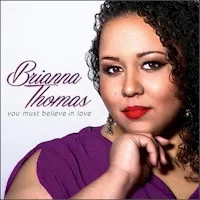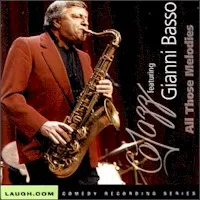Bitrate: MP3@320K/s
Time: 60:35
Size: 138.7 MB
Styles: Vocal jazz
Year: 1997
Art: Front
[4:22] 1. Straight Street
[5:26] 2. But Not For Me
[4:53] 3. You Don't Know What Love Is
[4:01] 4. Noon
[4:05] 5. With My Heart In A Song
[4:59] 6. What Is This Thing Called Love
[5:39] 7. Widow's Walk
[4:11] 8. S' Wonderful
[4:24] 9. The Masquerade Is Over
[5:08] 10. For All We Know
[3:45] 11. Time After Time
[6:09] 12. Echoes
[3:29] 13. Who Can I Turn To
Francesca Sortino An outstanding talent, recognized by eminent critics and musicians in the jazz world. 2002 Young Peoples Oscar Award from European Institute for Sports, Culture and Performing Arts.
She is almost totally self-taught and has worked alongside numerous italian and american musicians, such as Eliot Zigmund, Jim McNeely, Enrico Pieranunzi, Sandro Gibellini, Robert Bonisolo, Maurizio Giammarco, Pierre Michelot, Maurice Vander, Irio De Paula, Rodrigo Botter Maio, Harvie Swartz, Rick Margitza, Eddie Henderson, Romano Mussolini, Gianni Basso, Emanuele Cisi, Dario Rosciglione, Giorgio Rosciglione, Massimo Manzi, Renato Sellani, Marcello di Leonardo, Tony Pancella, Alessandro Minetto, Alessandro Maiorino, Eddy Palermo, Dino Piana, Andrea Pozza, Riccardo Fioravanti, Amedeo Ariano, Nicola Angelucci, Paolo Recchia, Pierpaolo Bisogno, Franco Piana, Stefano Lestini, Francesco Berzatti, Mauro Beggio, Gianni Basso, Andy Gravich, Stefano Bagnoli, Claudio Filippini, Lello Panico, Riccardo Zegna, Rosario Giuliani, Stefano Di Battista, Paolo Fresu, Stefano Sabatini, Fabrizio Sferra, Valery Ponomarev, Charlie Antolini, Renato Chicco, Pietro Ciancaglini, Lorenzo Tucci, Pietro Lussu, Paolo Birro, , Sandro Deidda, Dario Deidda, Fabrizio Bosso, Roberto Rossi, Pietro Tonolo, Luca Bulgarelli, Francesco Lento, Pasquale Bardaro etc. She has taken part in many Festivals and concert series.
With My Heart In A Song




















